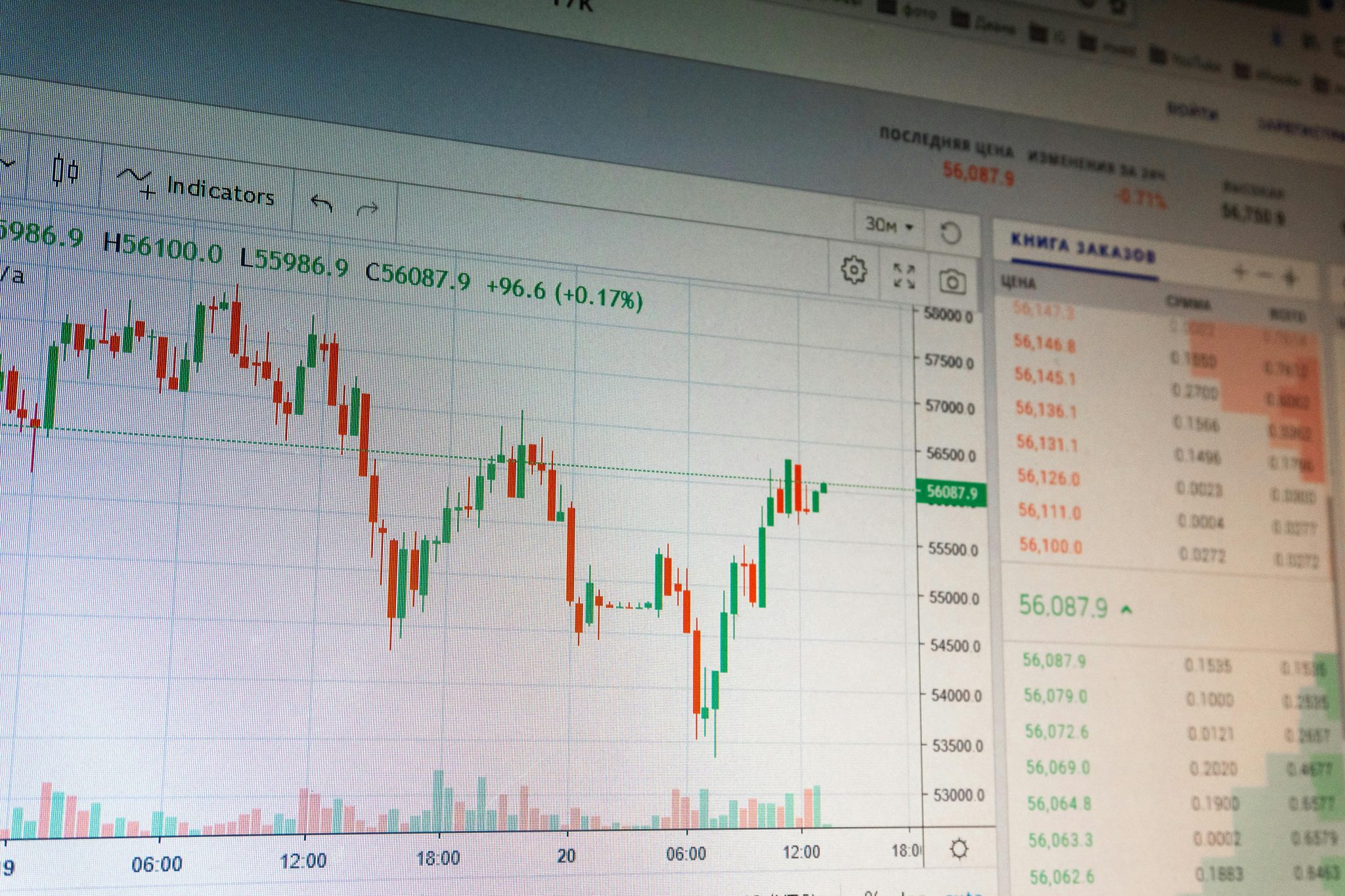
Introduction
In the rapidly evolving world of blockchain technology, establishing a unique digital identity has become paramount for seamless transactions and enhanced security. The Solana blockchain, with its robust infrastructure, introduces .SOL domains, offering blockchain developers a novel approach to digital identity management on tokenized platforms. This article delves into the mechanics of .SOL domains, exploring their potential to revolutionize identity management in blockchain ecosystems.
Understanding .SOL Domains
.SOL domains are decentralized domain names built on the Solana blockchain, allowing users to create unique, human-readable identifiers. These domains facilitate easier access to decentralized applications (dApps) and services, replacing cumbersome alphanumeric wallet addresses with memorable names. By simplifying interactions, .SOL domains enhance user experience and empower developers to create more intuitive interfaces.
Identity Management on Tokenized Platforms
Identity management is crucial in blockchain environments, where anonymity and transparency must coexist. .SOL domains offer a streamlined solution for managing digital identities. By linking a .SOL domain to a user’s wallet, developers can create a unified identity across multiple platforms. This integration not only simplifies user interactions but also enhances trust within the blockchain ecosystem.
Enhancing Blockchain Transactions
The integration of .SOL domains facilitates more efficient blockchain transactions. By replacing complex wallet addresses with easy-to-remember domain names, users can execute transactions with increased confidence and reduced error rates. This enhancement is particularly beneficial for tokenized platforms, where the frequency and volume of transactions necessitate robust and reliable identity solutions.
Strengthening Security
Security remains a primary concern in blockchain technology. .SOL domains contribute to enhanced security by providing a layer of identity verification. As these domains are registered on the blockchain, they inherit the inherent security features of blockchain technology, such as immutability and cryptographic protection. This makes .SOL domains resistant to forgery and unauthorized access, thereby safeguarding user identities and assets.
Actionable Insights for Developers
For blockchain developers, integrating .SOL domains into their platforms offers numerous advantages. By leveraging these domains, developers can streamline user onboarding processes, reduce friction in user interactions, and enhance the overall security of their applications. It is advisable for developers to familiarize themselves with the Solana Name Service (SNS) and explore its API documentation to effectively implement .SOL domains in their projects.
Practical Information for Implementing .SOL Domains
Implementing .SOL domains involves several practical steps. Developers should begin by registering a .SOL domain through a supported service provider. Once registered, the domain can be linked to a user’s wallet, providing a seamless identity across platforms. Additionally, integrating .SOL domains into smart contracts allows for enhanced functionality and interoperability within tokenized ecosystems.
Conclusion
.SOL domains on Solana represent a significant advancement in digital identity management for blockchain developers. By offering a unique, secure, and efficient method of identity verification, these domains enhance the functionality and user experience of tokenized platforms. As blockchain technology continues to evolve, the adoption of .SOL domains will likely play a pivotal role in shaping the future of decentralized identity management.

[page-generator-pro-related-links group=”Solana .SOL Domains” limit=”3″ output_type=”list_of_links” title=”More Solana .SOL Domains Articles”]





